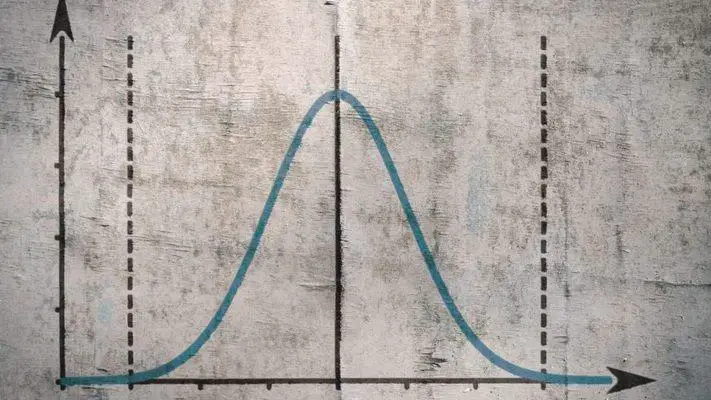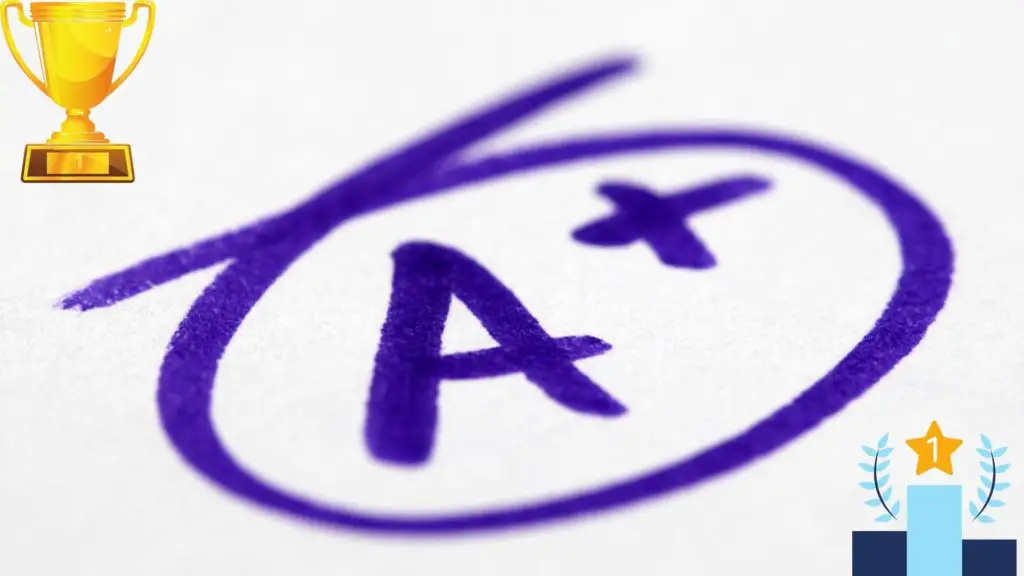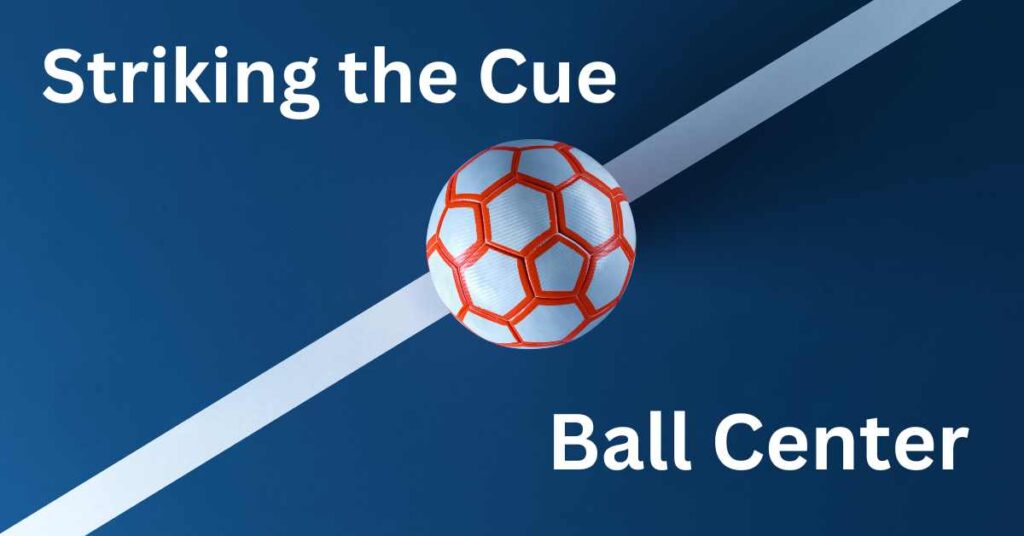If you’re a beginner player, learning the fundamentals of pool is crucial to your success in the game. Understanding these mechanics and techniques can help you improve your shot accuracy, consistency, and overall performance on the table.
In this article we cover some of the key fundamentals that every novice should know when playing pool.
Grip and Stance
One of the first things you should focus on as a beginner player is your grip and stance. It’s essential to maintain a consistent grip on your cue throughout each shot for optimal results. Ideally, you want to have a relaxed yet firm grip on the back end of the cue approximately 6-8 inches from where it meets the butt cap.
Next up is your stance – standing at an appropriate distance from the table with one foot slightly stepped forward provides balance and stability while shooting. With correct body alignment, aim towards direction through which ball has to be hit without leaning over too much or extending your arms too far.
Check out our guide for more detailed information on how to stand when playing pool.
Aiming Techniques
Once you’ve mastered basic grip and stance positions, aiming becomes easier but still takes practice. Pool players use different methods such as fraction aim technique by using cue reference points known as x-axis or y-axis aiming systems along with ghost-ball aiming method for greater accuracy during gameplay.
Learn more about fractional aiming system used in pool game by clicking here!
Shot-making Techniques
Shot making could seem tricky initially but once learned it develops over time into refined finesse skillset thus we must account various nuances – including draw shots or how hard hits impact accuracy– when taking our shots instead of relying on snap judgments alone.
Discover our tips to improve your shot making abilities and overall performance on the table.
Basic Stroke Techniques
The foundation of a successful pool game is laid through stroke techniques. Smooth, steady, and consistent strokes ensures good ball speed as well as cue delivery during gameplay.
Want to know how to improve your stroke? Check out our guide on improving your pool stroke mechanics!
Practicing for Improvement
To become better at playing pool, regular practice is imperative. Practicing drills can help hone basic skills and ability required in different situations while competing with others players helps us test those skills practically learn more from experienced players thus helping build knowledge base about nuances present in game’s actual scenarios/circumstance that we might have overlooked earlier on.
Explore our website for several practice drills that will help you improve your game play.
Conclusion:
Pool is an exciting sport that offers endless possibilities for skill-building and improvement – mastering its basics takes patience, dedication, and investment of time but benefits are limitless! By focusing on these fundamental concepts mentioned above along with continuous application and subsequent evolution over period of time – you too can be an expert pool player in no time!


